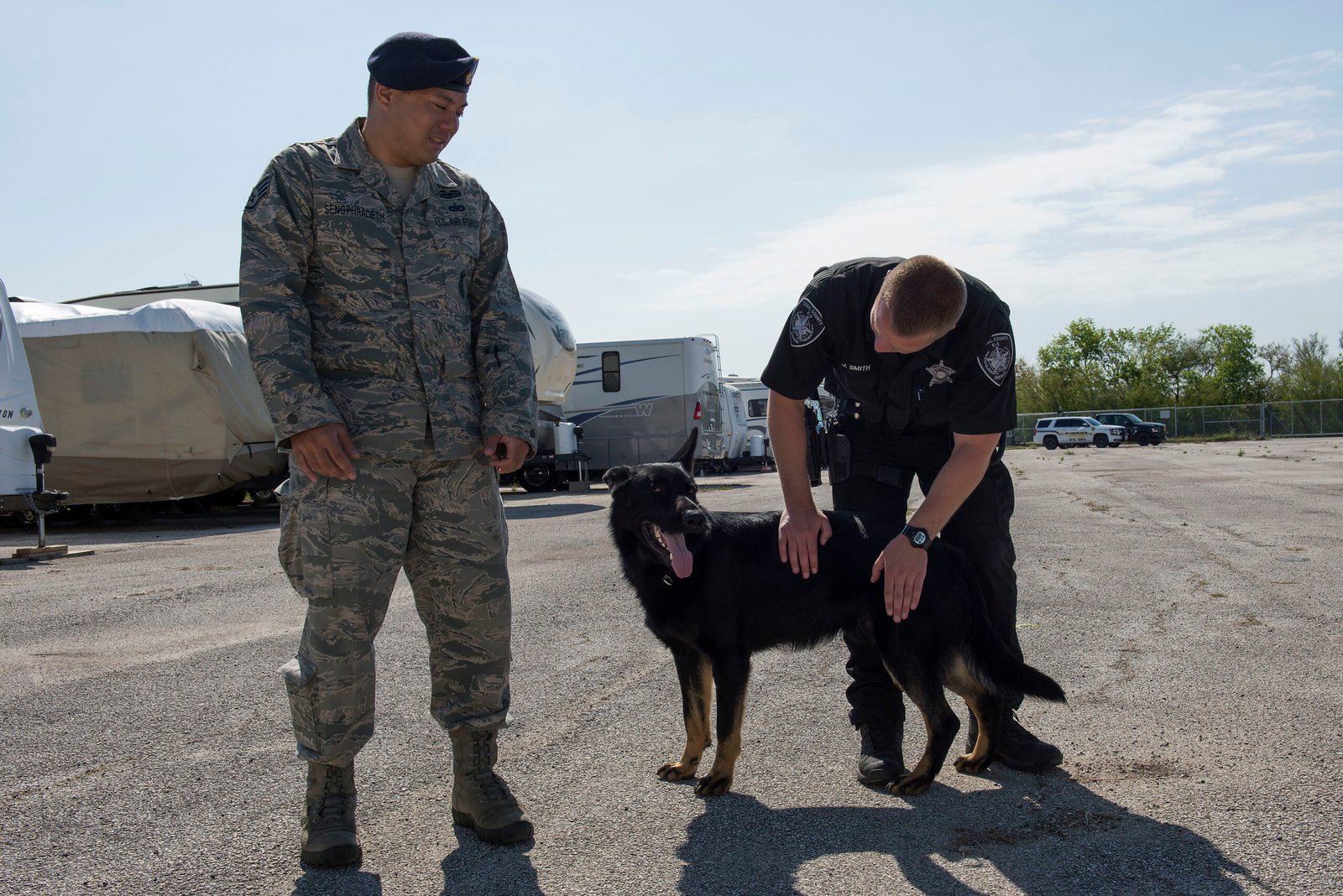German Shepherds are known for their intelligence, loyalty, and versatility. These majestic dogs have captured the hearts of many dog lovers around the world. However, to truly enjoy the company of a German Shepherd, it’s essential to invest time in behavior training and socialization. This ensures they grow into well-rounded companions, ready to face any situation with confidence. Let’s explore some valuable tips to help you nurture your German Shepherd into the loyal friend you’ve always desired.
Understanding the Nature of German Shepherds
German Shepherds are a breed with a rich history, initially bred for herding and protecting sheep. Their natural instincts make them protective, alert, and highly trainable. Understanding their nature is the first step in training them effectively. These dogs are eager to please, which means they respond well to positive reinforcement. By recognizing their intrinsic qualities, you can tailor your training methods to fit their unique characteristics. Remember, every German Shepherd is an individual, so patience and observation are key.
The Importance of Early Socialization
Socialization is crucial for a German Shepherd’s development, especially during their early months. Exposing them to different environments, people, and other animals helps them adapt to various situations without fear or aggression. The goal is to create positive experiences that build their confidence. Take them for walks in different areas, introduce them to friendly dogs, and allow them to meet new people. A well-socialized German Shepherd is less likely to develop behavioral issues, making them a joy to be around.
Positive Reinforcement Techniques

Training a German Shepherd should be an enjoyable experience for both the dog and the owner. Positive reinforcement is a powerful tool in achieving this. Reward your dog with treats, praise, or playtime whenever they exhibit desirable behavior. This encourages them to repeat the action. Consistency is vital; ensure everyone in the household is on the same page regarding commands and rewards. Avoid using harsh methods, as they can lead to fear or anxiety, which hampers learning.
Basic Commands and Obedience Training
Teaching your German Shepherd basic commands is a foundational aspect of their training. Commands like “sit,” “stay,” “come,” and “heel” not only make your life easier but also keep your dog safe. Start with short training sessions to keep them engaged, gradually increasing the duration as they become more comfortable. Use clear, consistent commands and practice regularly. Remember, repetition is key. A well-trained German Shepherd is not only obedient but also more confident in unfamiliar situations.
Dealing with Common Behavioral Challenges
Even with the best training, German Shepherds can exhibit some challenging behaviors. Issues like excessive barking, chewing, or digging can arise, especially if they’re bored or anxious. Address these behaviors promptly by identifying the root cause. Provide plenty of physical and mental stimulation through exercise and interactive toys. Redirect negative behaviors to positive ones, rewarding them for making the right choices. With patience and persistence, you can overcome these challenges and strengthen your bond with your dog.
Building a Strong Human-Canine Bond
The relationship between you and your German Shepherd is the foundation of successful training and socialization. Spend quality time with your dog through play, training, or simply relaxing together. Regular grooming sessions and petting can also reinforce the bond. A strong relationship built on trust and respect ensures that your German Shepherd looks to you for guidance and companionship. Remember, a loyal companion is not just trained; they are nurtured with love and understanding.
In conclusion, training and socializing a German Shepherd is a rewarding journey that requires commitment, patience, and love. By understanding their nature, using positive reinforcement, and addressing challenges head-on, you can raise a well-behaved, loyal companion. A German Shepherd that is well-trained and socialized will not only be a source of joy but also a steadfast friend by your side.





